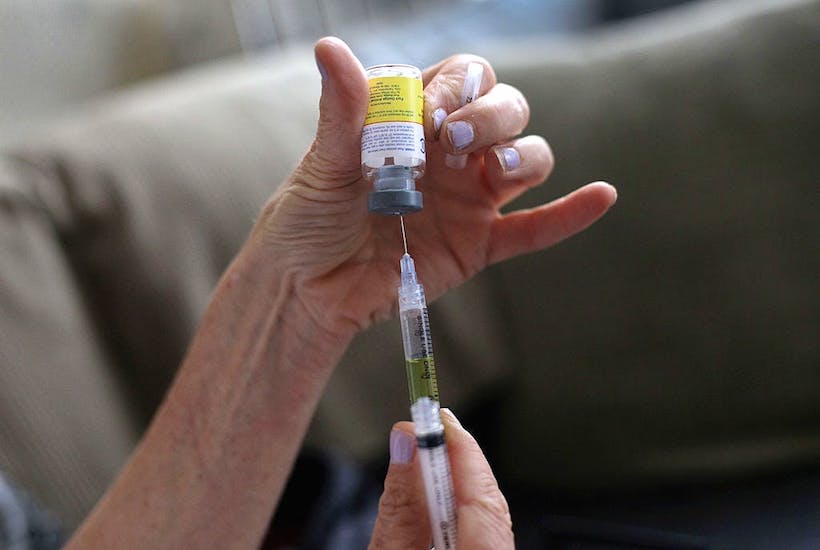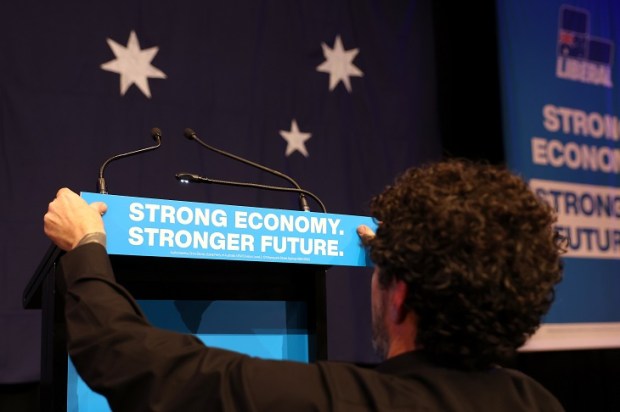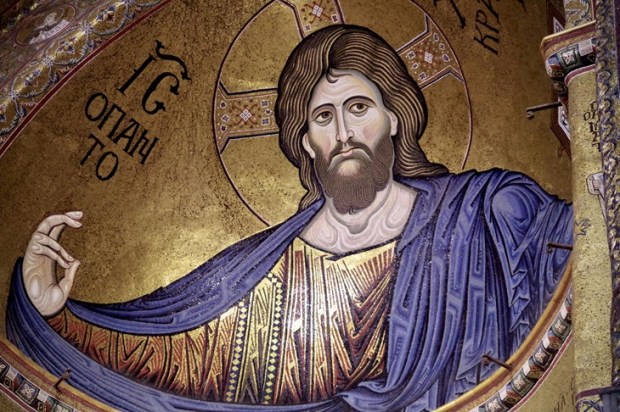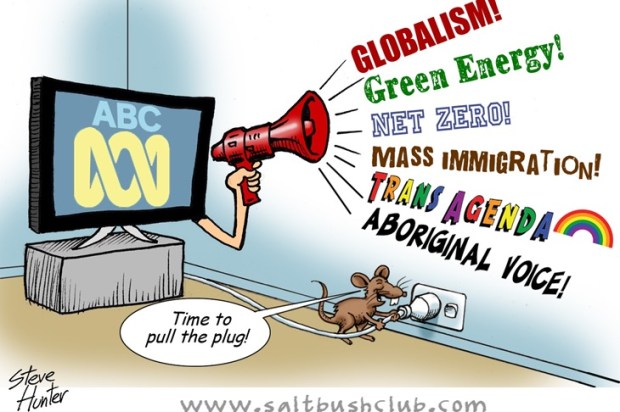Euthanasia is being considered by the Tasmanian Parliament for the fourth time in 11 years, proving that some things just won’t die.
So-called Voluntary Assisted Dying, first killed off by the State Parliament in 2009, was resurrected in 2013 only to bite the dust when it was put to the vote.
The legislation rose again in 2017 but was quickly snuffed out by two-thirds of Tasmania’s MPs who declined to support it.
Anyone who thought then that the issue was well and truly buried was dead wrong.
Now, with almost as many reincarnations as Shirley MacLaine, euthanasia has come back to life in Tasmania – this time as a private members bill passed in the state’s eclectic upper house this morning and expected to be voted on in the lower house before the end of the year.
Tasmanian progressives, who like to accuse their opponents of being “on the wrong side of history”, have themselves been on the wrong side of history more often than a tabloid astrologer. And yet they persist.
In 2009 the Tasmanian Greens called euthanasia “Dying with Dignity” though they themselves refused to do so when their bill was defeated 15 votes to 7.
“I will put this bill up, or a similar bill, again and again and again,” Greens MP Nick McKim told the ABC at the time.
In a classic case of ‘if at first you don’t succeed – die, die again’, the Dying with Dignity Bill was twice reincarnated as the Voluntary Assisted Dying Bill and, in its latest incarnation, has been wheeled out as the End of Life Choices Bill.
The bill’s sponsor, independent MP Mike Gaffney told The Australian last Friday: “In Tasmania, we’ve had bills in 2009, 2013, 2017 and now 2020. The bill should progress as quickly as it can and I’m sure the Premier will do that.”
In other words, we’ve been told ‘no’ so many times, we’re due for a ‘yes’.
While general fatigue is not a valid reason for being euthanised under Gaffney’s proposed laws, it does seem to be reason enough for Gaffney to insist the laws are passed. While the Bill differs from earlier versions, the main argument for it seems to be, ‘Come on already!’.
Gaffney rejected calls for a public inquiry into the Bill saying: “There’s nothing left to analyse – it’s all there.”
The Australian Medical Association has analysed the bill and described what’s all there as poorly drafted, poorly conceived, riddled with ambiguity and rushed.
The Australian Nursing and Midwifery Federation has also expressed concerns about the bill as it was first presented, which among other things:
- Did not require a person to be terminally ill – there was no time limit as to when the person’s condition may cause death.
- Did not require a person to be currently suffering – the mere anticipation of suffering at some time in the future was enough to qualify a person to be killed.
- Anticipated children would be able to access euthanasia in the near future – the legislation as it was originally presented mandated a review of the law in two years must consider extending the law to include minors.
- Obliged Christian hospitals and aged-care providers to allow people to be put to death at their facilities.
On this last point, Gaffney told The Australian last week that he was “unashamed”, saying: “They shouldn’t be able to (stop voluntary assisted dying occurring at their institutions) in a secular society.”
Translated, this means Christian values will be subjugated to progressive values because no one has the right to impose their values. Did you get that?
Gaffney seems bewildered that Christians would object to people being killed at facilities they created to care for the living.
Gaffney said: “If this becomes law, it is … a legal choice, so why would any institution deny a person access to adequate or correct medical assistance? VAD is not suicide; it’s a legal, medical option.”
So death, which is has never been an acceptable treatment outcome and which offers no net gain in health, is to be redefined as “correct medical assistance”.
George Orwell would be proud.
Does it never occur to anyone that euthanasia enthusiasts, who repeatedly prester parliaments until they finally get the answer they want, are they exact same people who promise that when euthanasia is legalised, vulnerable people will never be pressured to push off?
Got something to add? Join the discussion and comment below.
Get 10 issues for just $10
Subscribe to The Spectator Australia today for the next 10 magazine issues, plus full online access, for just $10.


























Comments
Don't miss out
Join the conversation with other Spectator Australia readers. Subscribe to leave a comment.
SUBSCRIBEAlready a subscriber? Log in